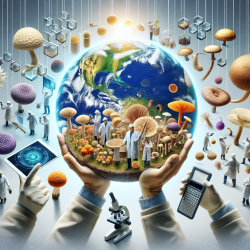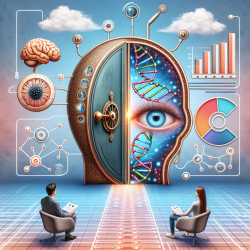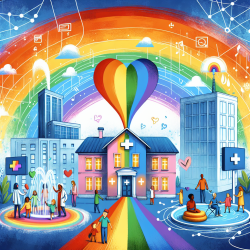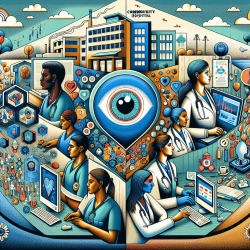The world of fungi offers immense potential to support international development and achieve sustainable goals. The research article "Fungal biological resources to support international development: challenges and opportunities" highlights the critical role of microbial collections in addressing global challenges. For practitioners in the field, understanding these resources and their applications can enhance their skills and contribute significantly to bioeconomies worldwide.
Understanding the Importance of Fungal Resources
Fungi are pivotal in achieving several United Nations Sustainable Development Goals (SDGs), such as zero hunger, good health and well-being, and life on land. They offer solutions ranging from increasing crop yields through microbiome-based interventions to developing novel drugs and biocontrol agents. However, the majority of fungal genetic resources are held in developed countries, leaving low to middle-income countries (LMICs) with rich biodiversity but limited capacity to exploit their microbial assets.
Challenges in Utilizing Fungal Resources
The research identifies several challenges in harnessing fungal resources:
- Lack of Infrastructure: Many LMICs lack the necessary infrastructure to conserve and utilize their microbial resources effectively.
- Regulatory Barriers: The Nagoya Protocol aims to ensure fair sharing of benefits from genetic resources but has inadvertently created regulatory hurdles.
- Technological Gaps: Preservation technologies are often designed for well-equipped labs, making them inaccessible for many regions.
Opportunities for Practitioners
Despite these challenges, there are numerous opportunities for practitioners to improve their skills and contribute to global development:
- Collaborative Networks: Engage in international networks that promote knowledge sharing and best practices in microbial resource management.
- Infrastructure Development: Advocate for building 'in-country' infrastructure to manage biological resources effectively.
- Research and Innovation: Participate in research initiatives that focus on developing preservation methods suitable for diverse environments.
The Role of Technology and Bioinformatics
The integration of technology and bioinformatics is crucial in advancing the use of fungal resources. By leveraging data management systems and bioinformatics tools, practitioners can enhance their research capabilities and contribute to a more comprehensive understanding of fungal biodiversity.
Conclusion
The potential of fungal resources in supporting sustainable development is vast. Practitioners must seize the opportunity to engage with these resources, overcome existing challenges, and drive innovation. By doing so, they can play a vital role in fostering global bioeconomies and achieving sustainable development goals.
To read the original research paper, please follow this link: Fungal biological resources to support international development: challenges and opportunities.










